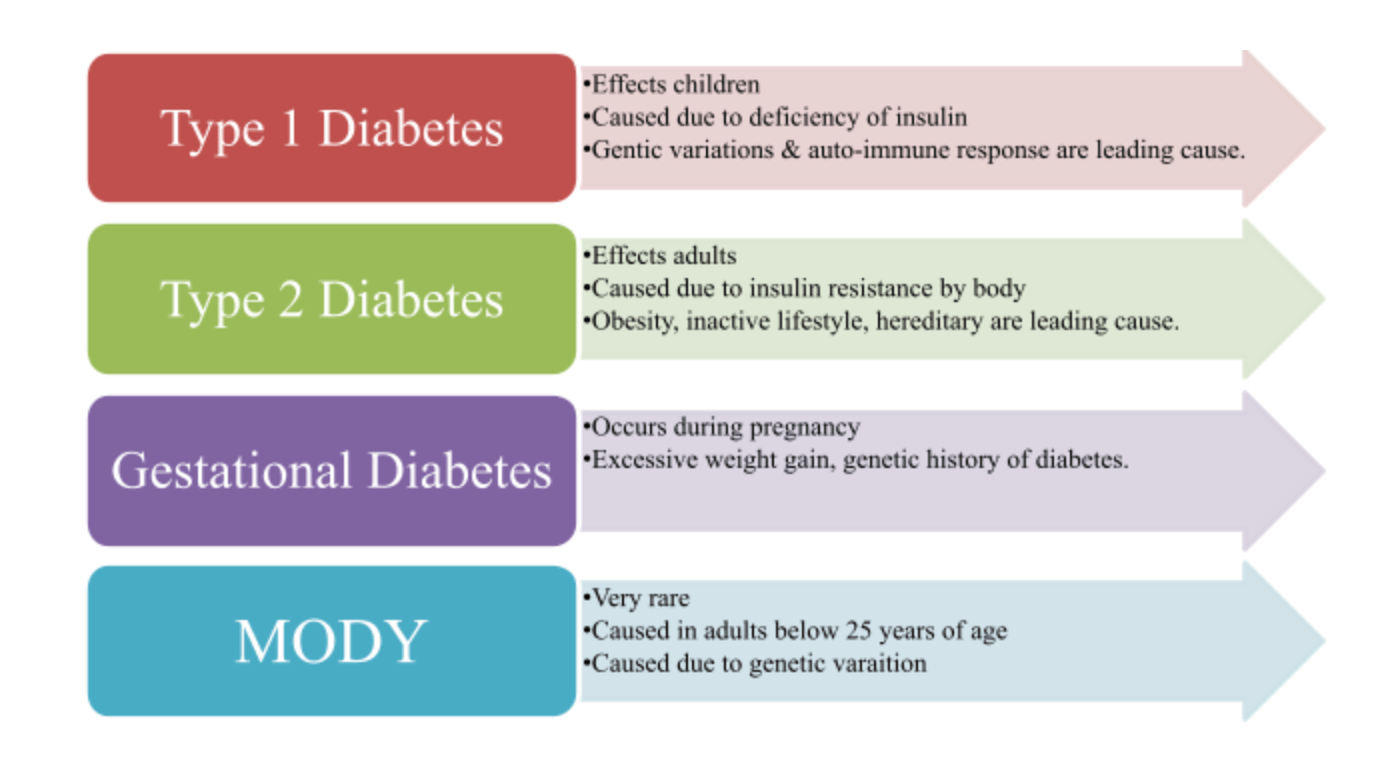Last updated on July 1st, 2024
Did you know that over 77 million people in India have diabetes, and many of them experience a common but often overlooked issue: dry mouth or xerostomia? This blog will explore whether diabetes can cause xerostomia and offer practical tips for managing this uncomfortable condition.
People with diabetes often experience symptoms like frequent urination, excessive thirst, and fatigue. If not managed well, diabetes can lead to complications such as heart disease, kidney damage, and nerve problems.

Understanding Xerostomia
Xerostomia, commonly known as dry mouth, occurs when your mouth doesn’t produce enough saliva. Saliva is important because it helps with digestion, keeps your mouth moist, and prevents infection.

Causes of Xerostomia
Xerostomia, commonly known as dry mouth, is a condition in which the salivary glands in the mouth don’t produce enough saliva to keep the mouth wet. This can lead to discomfort, difficulty eating, speaking, and swallowing, and an increased risk of dental problems. Understanding the various causes of xerostomia is crucial in managing and treating this condition effectively.
Medications
A wide range of medications can lead to dry mouth as a side effect. This includes:
Antidepressants
Medications used to treat depression, such as tricyclic antidepressants and selective serotonin reuptake inhibitors (SSRIs), often cause dry mouth. The National Institutes of Health also claims that antidepressants may cause dry mouth.
Antihistamines
Commonly used to treat allergies and cold symptoms, these medications can reduce saliva production.
Decongestants
Used to relieve nasal congestion, these drugs can dry out the mucous membranes in the mouth.
Painkillers
Some over-the-counter and prescription pain medications can lead to reduced saliva production.
Diuretics
Often prescribed for high blood pressure and heart conditions, diuretics increase urine output, which can lead to dehydration and dry mouth.
Muscle relaxants
These can affect the nervous system and reduce saliva flow.
Medications for Parkinson’s disease
Drugs used to manage Parkinson’s can also reduce saliva production.
Medical Conditions
Several medical conditions are associated with xerostomia, including:
Diabetes
According to Cleveland Clinic, high blood sugar levels can lead to dehydration and reduced saliva production, contributing to dry mouth.
Sjogren’s Syndrome
An autoimmune disorder where the body’s immune system attacks the glands that produce saliva and tears, leading to chronic dry mouth and dry eyes.
HIV/AIDS
This condition can cause salivary gland disease, leading to dry mouth.
Rheumatoid Arthritis
This autoimmune condition can also impact the salivary glands.
Stroke and Alzheimer’s Disease
Both conditions can affect the nerves and salivary glands, reducing saliva production.
Anxiety and Depression
Mental health conditions can sometimes lead to dry mouth, either directly or through medications used to treat these conditions.
Lifestyle Factors
Certain lifestyle choices can contribute to xerostomia:
Smoking
Tobacco use can reduce saliva production and contribute to dry mouth. Mayo Clinic suggests stopping the use of tobacco to relieve dry mouth.
Alcohol Consumption
Alcohol can dehydrate the body and dry out the mucous membranes in the mouth.
Dehydration
Not drinking enough water can lead to a dry mouth. This is especially common in hot climates or during vigorous exercise.
Caffeine Intake
High caffeine consumption can have a diuretic effect, leading to dehydration and dry mouth.
Poor Oral Hygiene
Not maintaining good oral hygiene can exacerbate dry mouth and lead to other oral health issues.
Radiation Therapy
According to MD Anderson Cancer Center, patients undergoing radiation therapy for head and neck cancers often experience dry mouth. Radiation can damage the salivary glands, leading to reduced saliva production. This effect can be temporary or permanent, depending on the dose and duration of the radiation treatment.
Chemotherapy
Chemotherapy drugs can alter the nature and amount of saliva produced. These changes are often temporary, and normal salivary flow typically resumes after treatment ends.
Nerve Damage
Injury to the head or neck that affects the nerves controlling the salivary glands can result in dry mouth. This can occur from trauma, surgical procedures, or neurological conditions.
Aging
As people age, they may experience a decrease in saliva production. This is partly due to the natural aging process and partly because older adults are more likely to take medications that can cause dry mouth.
Hormonal Changes
Hormonal changes during menopause can lead to a decrease in saliva production, resulting in dry mouth. Hormonal imbalances caused by thyroid disorders can also contribute to xerostomia.
Breathing through the Mouth
Chronic mouth breathing, especially during sleep, can cause dry mouth. This is often due to nasal congestion, sleep apnea, or habits like snoring.
Symptoms of Xerostomia
Identifying xerostomia involves recognizing its symptoms, which can range from mild discomfort to significant health issues:
Dry, Sticky Mouth: A constant feeling of dryness or stickiness in the mouth that doesn’t go away, even after drinking water.
Thick, Stringy Saliva: Saliva that feels thick or stringy, making it difficult to swallow or speak comfortably.
Bad Breath: Persistent bad breath despite maintaining good oral hygiene. This occurs because saliva helps control bacteria in the mouth that cause bad breath.
Difficulty Chewing and Swallowing: Problems with chewing and swallowing food, especially dry or crumbly foods like crackers and bread, due to insufficient saliva to moisten and break down the food.
Altered Taste: A noticeable change in taste, where foods may taste different or less flavorful.
Sore Throat and Hoarseness: A dry mouth can lead to a sore throat and a hoarse voice, making it uncomfortable to talk.
Dry or Grooved Tongue: A dry, rough, or grooved tongue that can feel uncomfortable and may even crack or bleed in severe cases.
Mouth Sores: The development of sores or split skin at the corners of the mouth, increasing the risk of infections.
Increased Thirst: An unusually high level of thirst that persists throughout the day.
Recognizing these symptoms early can help in seeking appropriate treatment and managing the condition effectively. If you experience persistent dry mouth, it’s important to consult with a healthcare professional for a thorough evaluation and personalized treatment plan.
The Link Between Diabetes and Xerostomia
Diabetes can lead to dry mouth through several mechanisms. High blood sugar levels can cause your body to lose fluids, leading to dehydration. When you’re dehydrated, your body produces less saliva. Additionally, diabetes can affect the salivary glands, reducing saliva production.
Cleveland Clinic shows a significant correlation between diabetes and xerostomia. A study published in the “Journal of Oral Pathology & Medicine” found that individuals with diabetes are more likely to experience dry mouth compared to non-diabetics. Another study in the “Journal of Clinical and Diagnostic Research” reported that about 40-80% of diabetic patients suffer from xerostomia.
Managing Xerostomia in Diabetic Patients
Importance of Blood Sugar Control
Maintaining good blood sugar control is crucial in preventing xerostomia. High blood sugar levels can lead to dehydration, so keeping your blood sugar within the target range can help manage dry mouth symptoms.
Hydration and Diet
Staying hydrated is essential for managing dry mouth. Drink plenty of water throughout the day. Include hydrating foods in your diet, such as cucumbers, tomatoes, and watermelon. Avoid caffeine, alcohol, and sugary drinks, as they can worsen dehydration.
Oral Hygiene Practices
Good oral hygiene is vital for managing xerostomia. Brush your teeth twice a day with fluoride toothpaste and floss daily. Use an alcohol-free mouthwash to avoid further drying out your mouth. Chewing sugar-free gum or sucking on sugar-free candies can stimulate saliva production.
Medical and Dental Interventions
If lifestyle changes aren’t enough, there are medical and dental treatments that can help. Your doctor might prescribe medications that stimulate saliva production. Your dentist can recommend special mouthwashes or oral moisturizers designed for dry mouth relief.
Impact of Xerostomia on Overall Health
Oral Health Complications
Xerostomia can lead to various oral health issues. Saliva protects your teeth from decay and helps prevent gum disease. Without enough saliva, you’re at a higher risk of cavities, gum infections, and mouth sores.
Impact on Daily Life
A dry mouth can affect your daily life, making it difficult to eat, speak, and swallow. It can also alter your sense of taste and lead to bad breath, which can be socially embarrassing.
Psychological and Social Effects
The discomfort of dry mouth can lead to anxiety and self-consciousness, affecting your social interactions and overall quality of life. It’s important to address these psychological impacts and seek support when needed.
Preventative Measures and Lifestyle Changes

Regular Medical Check-Ups
Regular check-ups with your doctor and dentist are crucial for early detection and management of xerostomia. They can help you adjust your diabetes management plan and provide treatments to alleviate dry mouth symptoms.
Healthy Lifestyle Choices
Adopting a healthy lifestyle can help manage both diabetes and xerostomia. Avoid tobacco and alcohol, as they can dry out your mouth. Eat a balanced diet rich in fruits, vegetables, lean proteins, and whole grains.
Stress Management
Stress can negatively impact diabetes and xerostomia. To help maintain overall well-being, practice stress management techniques like yoga, meditation, and deep breathing exercises.
Use of Humidifiers
Using a humidifier, especially at night, can help keep the air moist and relieve dry mouth symptoms. This can be particularly helpful if you live in a dry climate or use air conditioning frequently.
Conclusion
In conclusion, while diabetes can cause xerostomia or dry mouth, managing your blood sugar levels, staying hydrated, and adopting healthy lifestyle habits can help alleviate this condition. Remember, maintaining good oral hygiene and regular check-ups with your healthcare providers are essential in managing both diabetes and xerostomia.
If you experience severe symptoms or need additional support, don’t hesitate to consult with healthcare professionals. By taking proactive steps, you can effectively manage dry mouth and improve your overall quality of life.
FAQs (Frequently Asked Questions)
The side effects a person might experience by consuming his or her heart failure medicines may involve having a dry mouth. A dry mouth can also result due to a reduced capacity to taste food and drink. With congestive heart failure, few body organs might not receive enough amount of blood supply, including the tongue.
This may involve convulsions, vomiting, confusion, dry mouth, or sweet-smelling breath. Metformin can interact with several medicines, which might affect how either medicine works or give rise to serious complications.
Dry mouth in individuals with type 1 and type 2 diabetes is common; however, if a person experiences it almost every day, he or she must not ignore it. Along with the mouth feeling continually dry, signs of xerostomia can also include a dry, rough-feeling tongue.
Dry mouth isn’t a serious health problem on its own. On the other hand, it’s, at times, an indication of another underlying health condition that demands treatment. It may also give rise to complications such as tooth decay.
Disclaimer
This site provides educational content; however, it is not a substitute for professional medical guidance. Readers should consult their healthcare professional for personalised guidance. We work hard to provide accurate and helpful information. Your well-being is important to us, and we value your feedback. To learn more, visit our editorial policy page for details on our content guidelines and the content creation process.

 English
English












